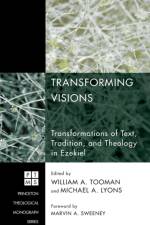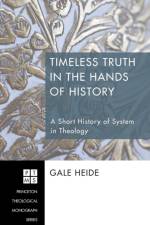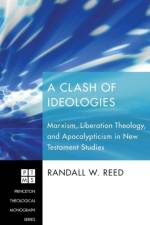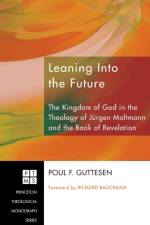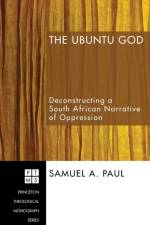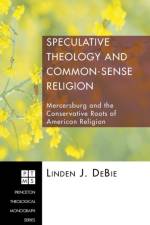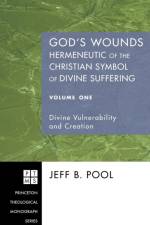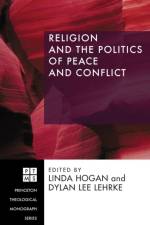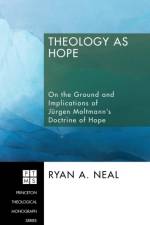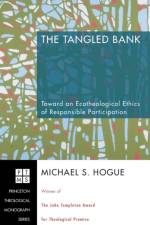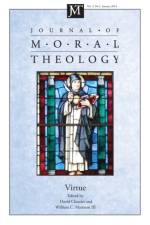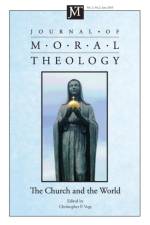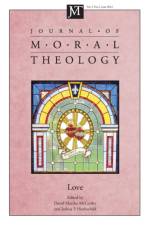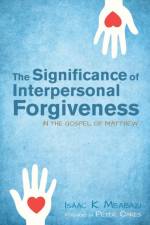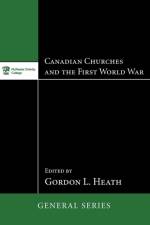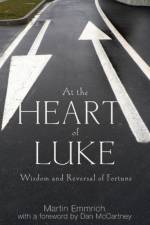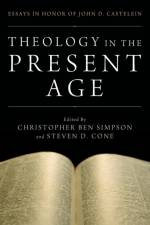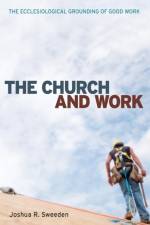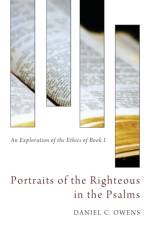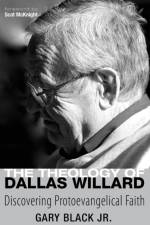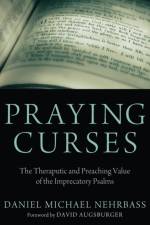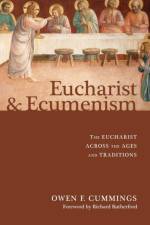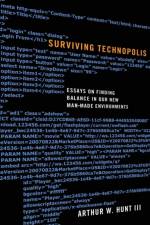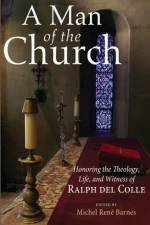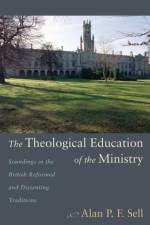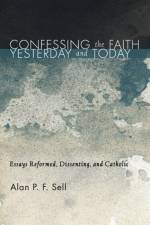73,00 €
Description:This volume includes nine essays that move Ezekiel's creative reuse of older materials to the foreground of discussion. The essays highlight the transformation of earlier texts, traditions, and theology in Ezekiel. They explore the diverse ways that Ezekiel reshapes Israel's legal texts, rituals, oracles against foreign nations, royal ideology, conception of the individual, remembrance of the past, and hope for the future. The work concludes by noting the subsequent transformation of Ezekiel in scribal transmission and in the New Testament.CONTRIBUTORS:Daniel I. Block, Wheaton College Graduate SchoolTova Ganzel, Bar-Ilan University Paul M. Joyce, St. Peter's College, Oxford UniversityBeate Kowalski, University of Koblenz-LandauThomas Krüger, University of ZurichMichael A. Lyons, Simpson UniversityTimothy Mackie, University of Wisconsin-MadisonJill Middlemas, Århus UniversityPaul R. Raabe, Concordia SeminaryBaruch Schwartz, Hebrew UniversityWilliam A. Tooman, University of St. AndrewsEndorsements:""Tooman and Lyons present a wide range of significant scholars who address the key issue in Exilic and especially Ezekiel studies today--why and how did an almost total transformation of Israel's Religion take place during the Exile. Before exile, it was centered on active royal, ritualistic, and oracular activity; after exile, it centered on priestly-legislated and tradition-centered guidance of practical observance. The authors offer important insights on the concepts of idolatry, divine and human kingship, individual versus corporate moral responsibility, the role of divine holiness, the Exodus tradition, the importance of priestly viewpoints, and the way the Book of Ezekiel was written and enlarged. This single volume brings together all major trends in Ezekiel studies today.""--Lawrence Boadt, CSP, Professor Emeritus, Washington Theological Union""The present volume, edited by two rising Ezekiel scholars, Michael A. Lyons and William A. Tooman, makes a substantive contribution to the burgeoning discussion of the book of Ezekiel by emphasizing the theme of transformation, understood in relation to the text of Ezekiel, the traditions on which it draws and by which it developed, and its theological perspectives. Each essay engages a different aspect of the study of the book, and thereby opens and advances scholarly dialog in its own right."" Marvin A. Sweeney, from the ForewordAbout the Contributor(s):William A. Tooman is Lecturer in Old Testament at University of St. Andrews, Scotland.Michael A. Lyons is Assistant Professor of Old Testament at Simpson University. He is the author of From Law to Prophecy: Ezekiel's Use of the Holiness Code.

